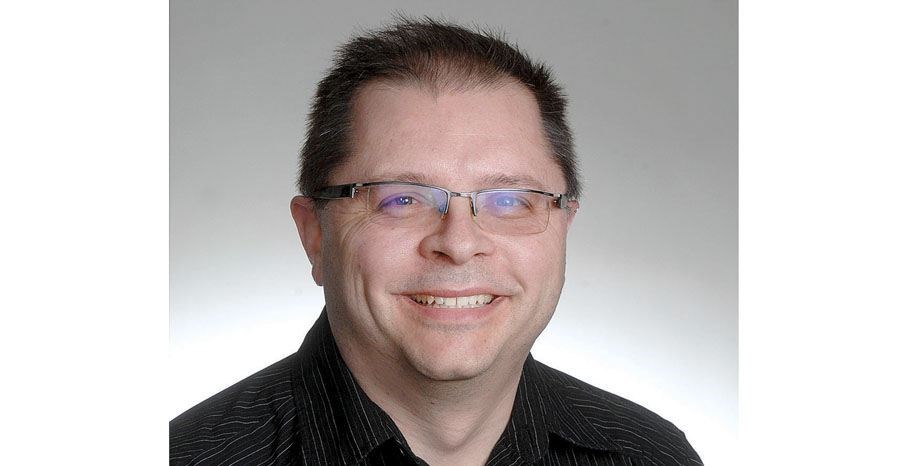"ISIS is a death cult that has declared war on the civilized world," tweeted federal Conservative leader Rona Ambrose on Wednesday as the debate raged in the House of Commons about Canada's military role in Syria and Iraq.
She's right about the death cult part. This is a group devoted to an apocalyptic vision about the final battle at the end of the world.
But what is she really saying about the declaration of war on the civilized world? If we are to declare war in return, how does victory emerge against such an enemy?
To declare a total war against the Islamic State, also known as ISIS or ISIL, where the only meaningful victory is the extermination of the group and every single one of its followers, is to become as twisted and nihilistic as our enemy, to make ourselves mindless killers who believe murder is the path to peace.
Wars are won with bullets and bombs, but they come to an end with negotiations and agreements.
In other words, if Western leaders are serious about not just winning this war with the Islamic State but ending it, they have to be prepared to talk to the members of the death cult or accept endless, multi-generational violence, similar to the conflict between Israelis and Palestinians but on a global scale.
In his book Talking to the Enemy: Religion, Brotherhood, and the (Un)Making of Terrorists, Scott Atran writes about his deep frustration at the reluctance of Western governments to engage with terrorists, out of fear for being perceived as weak or sympathetic to their cause. By refusing to talk, the West guarantees the conflict will continue against an enemy we know nothing about because we can't be bothered to listen.
There's a movie waiting to be made about Atran and anthropologists like him because they make Indiana Jones look like a greedy wimp. The movie character travelled the world risking his life to obtain priceless ancient artifacts. Atran has done the same simply for information and knowledge, visiting well-known hubs of terrorism in Pakistan, Indonesia and North Africa, conducting surveys and delving into the lives of terrorists, particularly suicide bombers, and the social and cultural environments that formed them.
Some of his field research went off smoothly, some of it nearly cost him dearly, and all of it came at grave personal risk but provided valuable intelligence and understanding. Some of it is common sense but much of it is counter-intuitive.
For starters, terrorists are people. A significant number of suicide bombers, as the biographies of the 9/11 attackers showed, come from good homes and families and are relatively affluent and well-educated.
They are not idiots who have been brainwashed into killing themselves and committing mass murder. Instead, they are deeply principled individuals who love their families, their friends and their communities so much that they are willing to do anything to protect them.
One of the most famous characters in English literature is a terrorist, a man so traumatized by the death of his father, so dedicated to his family and so fixated on killing anyone that would threaten them that his murderous rampage leads to the end of everyone he holds dear. Hamlet is more than Shakespeare's greatest play.
The tragedy of the Prince of Denmark is a warning about how good intentions are so easily manipulated to justify the worst behaviours.
Like Hamlet, many of the suicide bombers and terrorists Atran both met and investigated were young men eager to display their leadership in their family and in the broader community, eager to make a difference, eager to change the world for the better. They wanted their lives to have had significance and value. In death, they gave their lives meaning.
From that standpoint, the unmaking of terrorists starts with seeing them not as wide-eyed maniacs but as individuals, listening to their grievances and channeling many of those powerful feelings around spiritual belief and kinship into more productive and less anti-social and destructive directions.
This is not to say that the Islamic State shouldn't be fought, that violence is not justified to protect countries and our people.
The hard power of military strength works best, however, when partnered with the soft power of communicating, both talking and listening. When one hand holds a gun and the other hand is open in welcome, that open hand looks even more appealing.
-- Managing editor Neil Godbout



